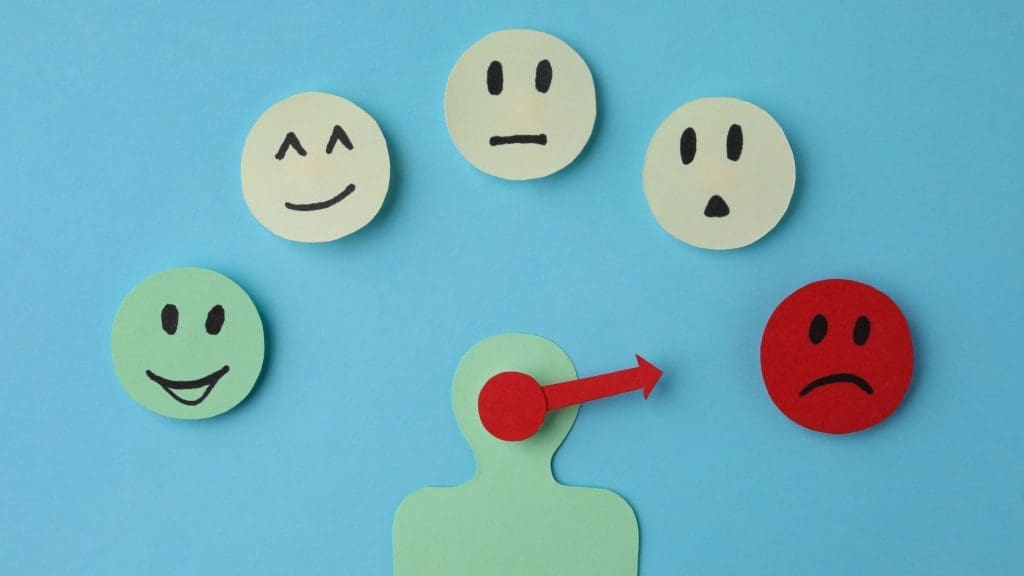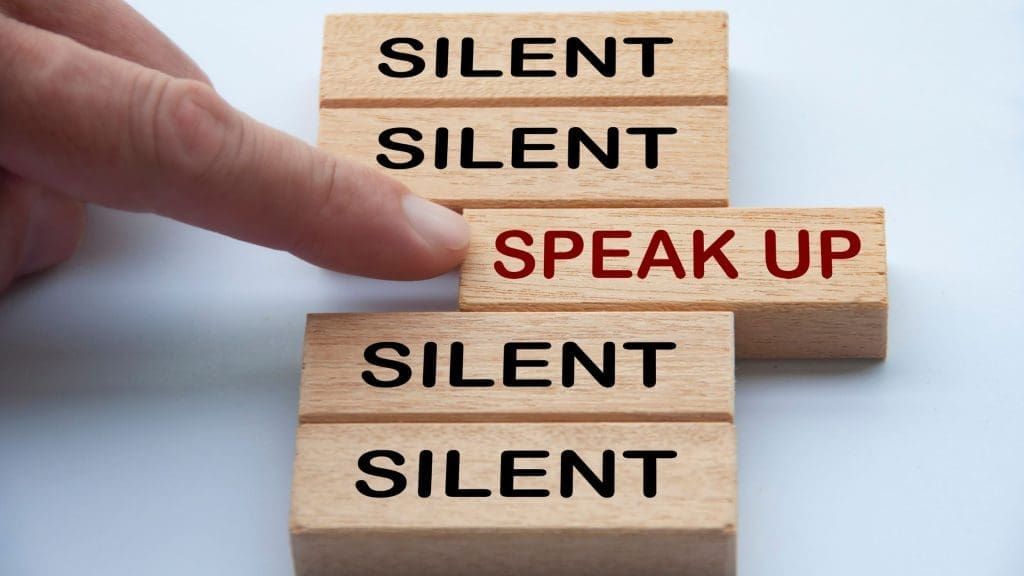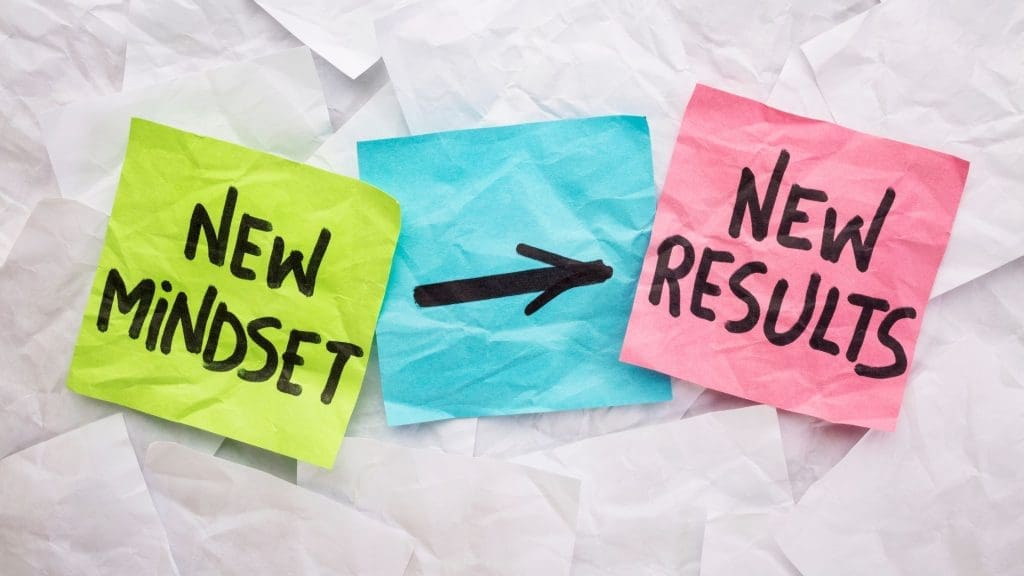Last updated on July 10th, 2024
This article is a summary of the emotional aspects of making friends after moving to Australia, an episode from our webinar, the “Moving Emotions Series.”
Whether you’re moving to Australia knowing no one or have some existing connections and would like to expand your social network, this article can help you.
How do you make friends in Australia?
1. Understand who you are

When you move to a new country with a different culture, you must know your values, who you are, and what you want. You don’t need to reinvent yourself, but it’s an opportunity for self-discovery.
Many people go through life without truly understanding themselves. It’s only through new experiences and interactions with different cultures that you can gain this understanding. Seeing how others react differently can be a revelation, helping you separate your own identity from cultural norms.
Culture isn’t just about studying facts but about recognising that your upbringing influences many of your behaviours and thought patterns. By understanding this, you can consciously choose how to adapt to your new environment.
This process of self-discovery takes time and involves observing how you react to new situations. It’s about being curious and open to different perspectives and embracing the fact that cultural differences are just choices and habits.
Through this journey, you’ll better understand yourself, your values, and your personal qualities. It’s about discovering what truly makes you happy and finding activities and communities that align with your interests.
Australia offers countless opportunities, and you’re likely to find something you enjoy, whether art, sports, or anything else.
2. Be confident…but not too much

When Judith moved to England in her 20s, she discovered herself, her capabilities and how she reacted in different situations. Being in new situations is a fantastic environment to build confidence because you learn so much about yourself by observing your reactions.
Confidence is essential, but there’s a fine balance. In Australia, excessive confidence can be perceived negatively – as an ego perhaps. If you have a successful career in your home country, you might need to adjust your expectations and start from scratch when you move here. The tall poppy syndrome is very much in effect here. It’s about understanding cultural nuances and getting to know people again.
So, finding that balance is vital. It’s about being confident in who you are while remaining open to learning and adapting to your new environment. Again, you don’t need to reinvent yourself but rather embrace the opportunity to try new things and explore different aspects of your personality.
It’s also about being mindful of how you come across to others. Observing how people react to you and making conscious choices about your behaviour can help you navigate social interactions more effectively. Instead of reacting impulsively, take a moment to observe and respond thoughtfully.
3. Check your ego

Always check in with yourself regularly and ask: “Is my ego too big? Am I open to conversations and learning?” Reflect on how others perceive you, as their perception might differ from your intention. If your ego is causing problems, address it.
But then again, finding a balance is key. While being self-aware is important, don’t obsess over what others think. You can influence how others perceive you by being open to feedback and adjusting your behaviour. Also, be mindful of your words and actions, as they may not always reflect your true intentions.
Remember, this is an ongoing journey of self-awareness and growth. You have the power to make choices and adapt your communication style to better connect with others. Understanding how you’re perceived and making conscious adjustments can create a more positive and fulfilling experience in your new environment.
4. Don’t be oversensitive

Australians can sometimes have a harsh or dry sense of humour, which you might misinterpret. Even our way of ordering coffee is different. That’s life in Australia. So, don’t take things personally or in isolation when receiving feedback.
If something feels off, consider whether it could be a cultural difference rather than a personal attack. Sometimes, people might be more direct or say things that seem insensitive but are meant to be lighthearted.
5. Speak up when something’s worrying you

Australians generally appreciate open communication as long as you do it politely. If you approach the situation with a confrontational attitude, they might not receive it well.
Ask for clarification if you’re unsure about someone’s intentions or a cultural norm. This approach shows your willingness to learn and understand, and most Australians will be happy to explain.
Ultimately, accept that people have different ways of communicating and interacting, especially in a multicultural environment like Australia.
6. Be accepting of different cultures

Speaking of a multicultural environment, Australia is a melting pot of cultures, with people from all over the world. Be accepting of this diversity, and avoid getting caught up in being overly sensitive to every difference.
Allow others to be themselves and express their cultural identities, just as you would want them to accept yours. You can create a more welcoming and inclusive environment where everyone feels comfortable with this approach.
If you encounter something unfamiliar, be curious and open-minded rather than judgmental. Engage in conversations, share your own experiences, and learn from each other.
The key is to be genuinely fascinated and curious about others. Asking questions is best to show someone you’re interested and engaged in what they have to say.
7. Don’t put too much pressure on yourself

Don’t force yourself to make friends. It’s okay to take things at your own pace and focus on enjoying your new environment. Not everyone needs to be constantly surrounded by friends, and that’s perfectly fine.
Instead of focusing on the goal of making friends, do things you enjoy. Whether playing golf, joining an art class, or simply painting on the beach, engaging in activities you love will naturally attract like-minded people.
This approach is a more organic and authentic way to build connections. Making friends is a natural process that will happen over time when you’re in the right environment and enjoying yourself.
8. Have a positive mindset

To find your people and build connections, maintain a positive mindset. Don’t feel pressured to change who you are drastically, but embrace the opportunity to make positive changes if desired.
A simple way to cultivate a positive mindset is to visualise the type of day you want to have before you go to bed. Choose the feeling you want to carry with you—happiness, curiosity, or adventure—and remind yourself of it upon waking up.
You can try dressing in clothes that make you feel good, which can have a powerful impact on your mood and confidence. Choose outfits that align with how you want to feel, whether sporty, powerful, or fun. Even something as simple as choosing a particular colour or style of underwear can boost your confidence and set a positive tone for the day.
Making friends in a new country can be challenging but also an exciting opportunity for new experiences. Embrace this adventure and open yourself up to the possibilities. Remember, it’s all about perspective – view this as a chance to create meaningful connections and build a new social circle.
Watch the full episode for more tips.
How Plan4Australia can help
We understand making friends in a new country like Australia can feel intimidating. That’s why we offer our clients complimentary Migrant Resiliency Coaching.
Our certified coaches will equip you with the tools to build resilience, develop coping skills, and confidently navigate the path to building a strong social circle in your new home.







